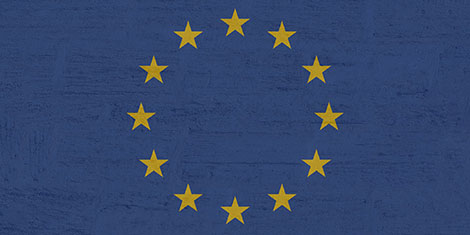
This article was originally published by European Council on Foreign Relations on 13 October 2017.
It is high time for the EU to move beyond ‘stabilocracy’ and stand up to ethnic nationalist kleptocrat political leaders.
The Balkans are not as exciting as they once were. The large-scale violence that made the region a central concern of European policy in the 1990s is no longer a feature of Balkan politics.
That’s progress, of course. But the absence of violence does not mean an absence of problems. Persistent economic weakness, growing public frustration with leaders, and renewed ethnic tensions have created a volatile mix beneath the surface calm. As Europe’s attention to these issues wavered, outside actors – most notably Russia, but also Turkey and China, began to assert themselves. If the European Union wants to maintain stability and influence in its own troubled backyard, it will need to re-engage with the Balkans.
